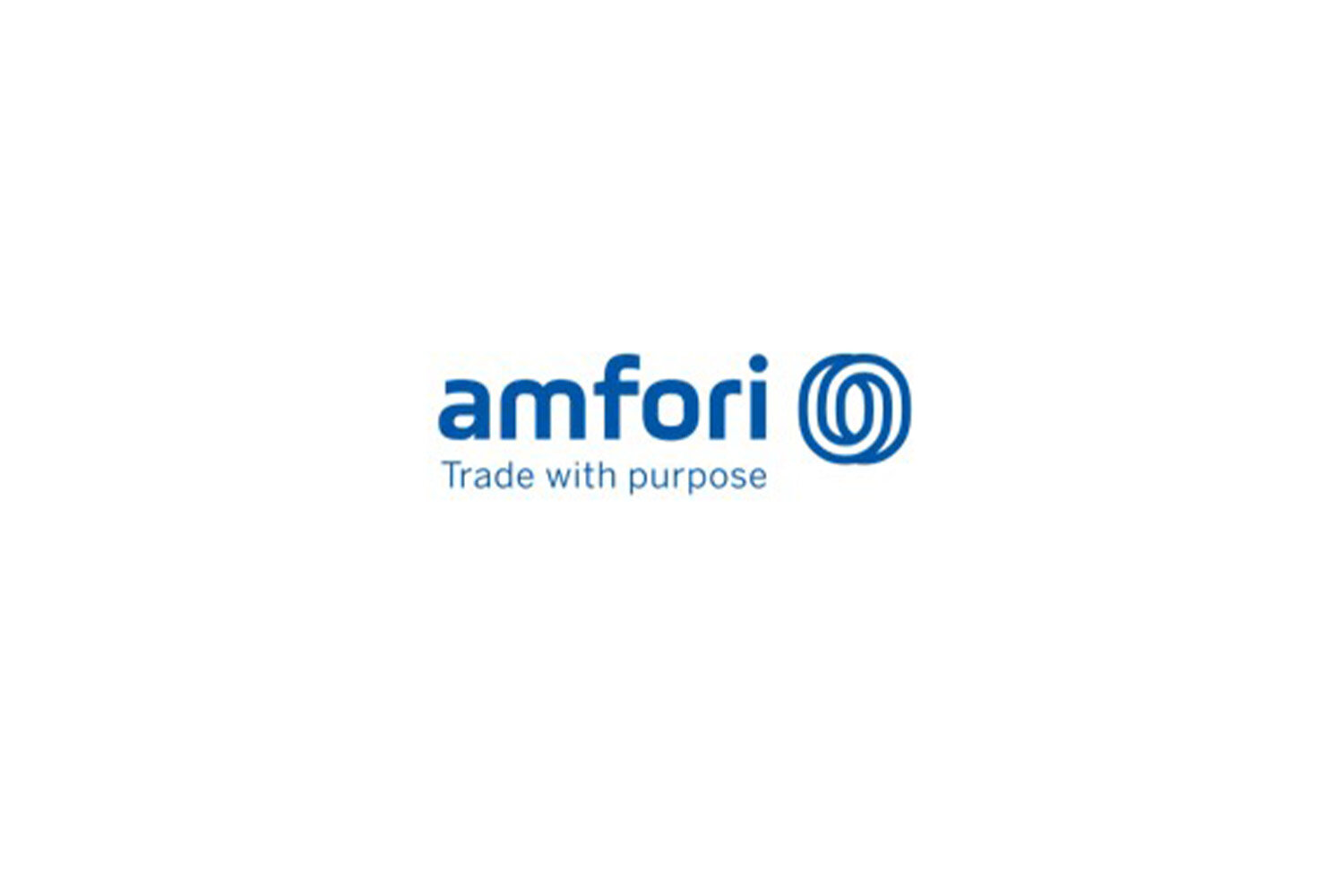Ensuring socially responsible production conditions is a central component of HOLY FASHION GROUP’s corporate philosophy. The company’s own Ethical Code of Conduct for suppliers sets out clear requirements and expectations regarding the respect of human and labor rights. This Code is based on our Policy Statement and serves as a binding foundation for every business relationship.
A key lever for promoting decent working conditions in global supply chains lies in responsible sourcing and purchasing practices. HOLY FASHION GROUP actively works to embed fair and sustainable procurement processes into its operations. For example, forward-looking collection planning enables realistic production scheduling—with fair payment terms, sufficient lead times, and appropriate delivery deadlines.
To better understand the impacts of its own purchasing practices and to develop targeted improvement strategies, HOLY FASHION GROUP participated in the ILO Better Work Academy for Swiss Brands in 2023 with selected employees. This multi-week training programme combines in-person sessions with digital learning modules and provides in-depth knowledge on social responsibility in global supply chains.
Further information about the Better Work Academy can be found here:https://betterwork.org/training/.
Promoting living wages is another key pillar on the path to sustainable and fair supply chains. In many production countries, the legally mandated minimum wages are not sufficient to provide workers and their families with a decent standard of living.
As a first step, HOLY FASHION GROUP conducted a wage gap analysis at the garment manufacturing level. This analysis compared legal minimum wages, actual wages paid, and a recognized living wage benchmark. The actual wages were collected through an online survey of suppliers. For the living wage benchmark, data from WageIndicator was used, which provides reliable information on living wages in over 3,000 regions worldwide (Source).
As part of the collaboration, an individual strategy to promote living wages is developed together with the supplier. The starting point is a root cause analysis to identify key barriers.
The goal is to design realistic and long-term effective measures that are tailored to the specific local conditions. The strategy remains flexible and is regularly reviewed and further developed.
In the long term, the approach is intended to go beyond individual projects and enable structural progress in other areas of the supply chain. Through training and participation in multi-stakeholder initiatives, continuous efforts are made to raise awareness among suppliers regarding fair working conditions and wages.
amfori BSCI
On January 1, 2008, HOLY FASHION GROUP joined the amfori Business Social Compliance Initiative (amfori BSCI) – one of the world’s leading business initiatives for promoting decent working conditions in global supply chains. Currently, amfori has over 2,400 members, including importers, retailers, and brands of various sizes and industries.
By joining, members commit to complying with the BSCI Code of Conduct, which is based on internationally recognized standards for the protection of workers' rights. The Code includes key principles such as responsible business conduct, workers’ involvement and protection, freedom of association and the right to collective bargaining, non-discrimination and equal treatment, fair remuneration, reasonable working hours, occupational health and safety, prohibition of child and forced labor, protection of young workers, secure employment conditions, environmental protection, and ethical business behavior.
To implement these requirements, member companies are obligated to conduct social audits at their suppliers. The results of these assessments are made transparently available on the amfori Sustainability Platform and are accessible to all members.
Further information is available at: https://www.amfori.org/content/amfori-bsci
HOLY FASHION GROUP regularly conducts social audits based on the BSCI Code of Conduct at all direct production partners—both in risk and non-risk countries. The audits take place on a one- to two-year cycle and are carried out by independent, accredited auditing organizations.
The audit results provide valuable insights into potential risks or violations and serve as the basis for jointly developing appropriate corrective actions with suppliers. HOLY FASHION GROUP places great importance on actively supporting its partners in implementing these improvements and promoting practical solutions.
Over the past years, we have reached consensus with our partners and achieved progress in the following areas:
Expanding social audits to further upstream levels of the supply chain, such as manufacturers of outer fabrics, yarns, or accessories
Developing Corrective Action Plans based on audit results, continuously reviewing improvement processes, and supporting our partners in implementing measures
Training workers in high-risk countries on grievance mechanisms
Improving emergency exits and the availability of warning signs
Introducing a new canteen with an optimized meal offering at a Turkish supplier
Enhancing compliance with safety regulations, for example regarding chemical storage, provision of protective equipment, organization of material warehouses, and securing electrical panels
Raising awareness about overtime issues at some of our Chinese partners, which remains a recurring concern
Achieving significant improvements in sanitary facilities at one Chinese supplier
Ending cash payments of wages at one of our Turkish suppliers, with mandatory social contributions now correctly paid
Stakeholder Dialog Programm
To improve direct dialogue between workers in the textile supply chain, factory management, and the Holy Fashion Group, we have developed the Stakeholder Dialogue Program in cooperation with Hohenstein. Based on the OECD due diligence guidelines, the program aims to strengthen collaboration and sustainably improve working conditions. It includes workshops on key topics such as grievance mechanisms, workplace health and safety, and chemical management.
A core component is the direct exchange with workers, where their concerns, suggestions, and challenges are gathered through open discussions and one-on-one conversations. The results of this dialogue feed into a Corrective Action Plan (CAP), which outlines corrective measures and is coordinated jointly with factory management and HFG. The implementation of these measures is documented and communicated regularly.
The goal is to achieve continuous improvements, promote worker well-being, and ensure compliance with social and safety standards.
So far, the program has achieved the following:
Engaged 20 factories in 4 high-risk countries (Turkey, China, India, and Bangladesh) (as of June 2025)
Over 300 workers have received training on occupational safety, chemical management, and grievance mechanisms
Made content available in 7 local languages
#product
#environment
#our employees





